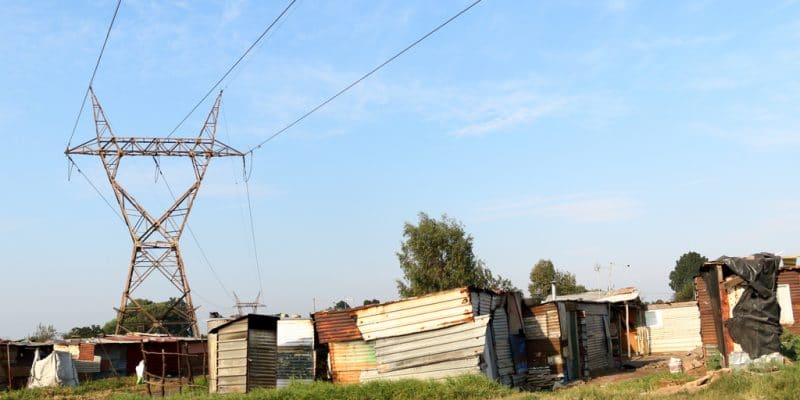Nigeria now has an online platform to control its power grid. The Nigeria Sustainable Energy for All Grid Platform (SE4ALL) was recently launched by the Nigerian Federal Government.
In Nigeria, the government is moving towards its goal of digitising the electricity sector. On November 10th, 2020, the Federal Government launched the online platform of the Nigeria Sustainable Energy for All Network (SE4ALL). The initiative follows the launch of the Central Data Management System (CDMS) project in this West African country in 2019.
Currently, the SE4ALL web portal has primary data. This includes satellite mapping of 350,000 towns and cities. More than 3,000 agglomerations have also been remotely mapped and more than 2,600,000 buildings identified. SE4ALL also has data on approximately 50,000 km of 33 kV distribution lines; as well as 11 kV lines, which have been tracked across 21 states and the FCT (Federal Capital Territory).
More data is expected to be collected for the online platform soon, given the number of developing electricity projects in the country. The information collected will gradually be provided to the Nigerian government, which aims to provide 30,000 MW of electricity to its people by 2030, of which at least 30% will come from renewable sources. Investors will also use the data provided by the platform. “Data on the power sector is vital for national development as a whole and for the implementation of Nigeria’s electrification plan in particular,” says Birgitt Ory, Germany’s ambassador to Nigeria. The online platform will also remotely monitor the mini-grids across the country to virtually assess their performance using the Application Programming Interface (API).
The European Union (EU) and Germany are supporting the project to digitise the electricity sector in Nigeria. The initiative is part of the Nigerian Energy Support Programme (NESP). This is a technical assistance programme co-financed by the European Union and Germany. NESP is implemented by the Deutsche Gesellschaft für Internationale Zusammenarbeit (GIZ), the German cooperation agency, in collaboration with the Nigerian Federal Ministry of Energy.
Inès Magoum







